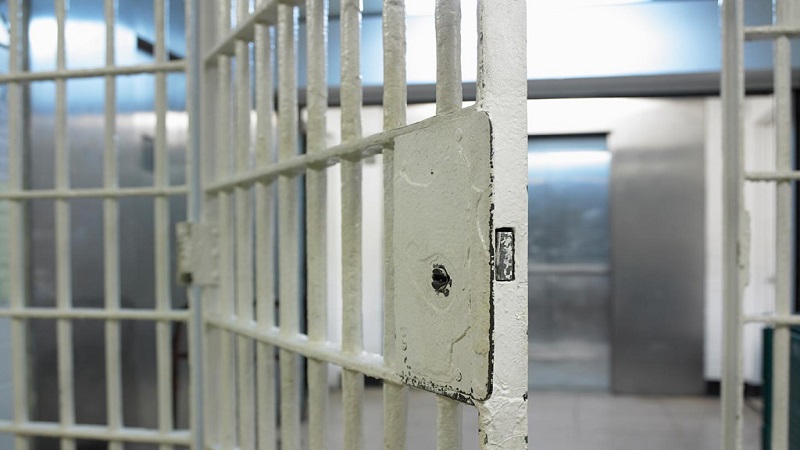By Yazeed Kamaldien
The national correctional services department faces pressure to tighten up its parole system in a bid to prevent repeat offenders from terrorising local communities.
This comes after the murder of eight-year-old Tazne van Wyk from Elsies River, whose alleged killer Moyhdien Pangaker was out on parole. Pangaker has previously been convicted of abduction and murder. He was transgressing his parole conditions at the time of his arrest this month.
Correctional services spokesman Singabokho Nxumalo this week said they wanted to “closes the gaps” in the parole system.
His comments followed president Cyril Ramaphosa’s visit to Tazne’s parents on Tuesday. Ramaphosa had reportedly said there was “something wrong with our parole system”.
Nxumalo responded:
“There are gaps in the parole board. The board takes decisions that are at times even in conflict with what we have said as the correctional services department.
“We need to look at the expertise that we need for the parole board so the decisions they make are relevant. Some people apply to be part of the parole board because there is money to be made. But the way they convey themselves leaves question marks.
“We advertise positions for parole board members. Anyone can just apply. The issue of qualifications is not so important. Hence we are saying we need to tighten that up. This is a serious grey area.”
Nxumalo said another gap was in how parole board members – who work independently of the department – wrote their assessment reports of criminals up for parole.
“The people who write the reports and assessments should be more professional,” he said.
The assessments are used as a basis for deciding whether or not a criminal should be released from jail.
“He (Pangaker) is a repeat offender. We can now see gaps in the parole system. He finished his term and went back to commit the same crime. We have to look at the whole history of the person (in the assessment),” said Nxumalo.
Another important missing link was communication with communities when a criminal was released from jail, said Nxumalo.
“It’s important that communities have a voice in the new policy position. They can say what they are comfortable with,” he said.
A number of community groups have already voiced dissatisfaction with the parole system.
Roeshanda Pascoe, a community worker from the Manenberg Safety Forum non-profit organisation, said: “Communities are not prepared for criminals who are sent back to live with us”.
“In Manenberg, we pray that someone has changed his ways but a few weeks later you find the person is busy with the same things that he went to jail for,” she said.
“Communities must lead the process of changing the parole system because it is in our areas where criminals are sent back.”
Natalie Carter, from SA Women Fight Back, said they support families during trials at various courts and felt the “justice system is failing us”.
“We are absolutely disgusted about what is happening in our country, and that’s an understatement. We have hardcore criminals out on the streets,” she said.
“If you look at the history of some criminals, they are habitual. They are in and out of prisons because they get away each time.
“We need harsher penalties for criminals. The death penalty is even too lenient for some of the things that these criminals have done.”
Chris Nissen, a commissioner with the South African Human Rights Commission, said they also wanted to see the parole system improved.
“We need to have a review of parole regulations. There must be greater consultation and a thorough assessment and not simply because the man has shown that he completed all the (rehabilitation) programmes in prison,” said Nissen.
“There must be genuine remorse and correction of the behaviour. In that category, many criminals pretend. They even convert (to religion), just so they can get out (of jail).”
Nxumalo said the department would need 12 months “if we get consensus from all stakeholders” to update the parole system.
“We are under pressure… This is where communities must participate. It’s a process,” he said.






 WhatsApp us
WhatsApp us 

